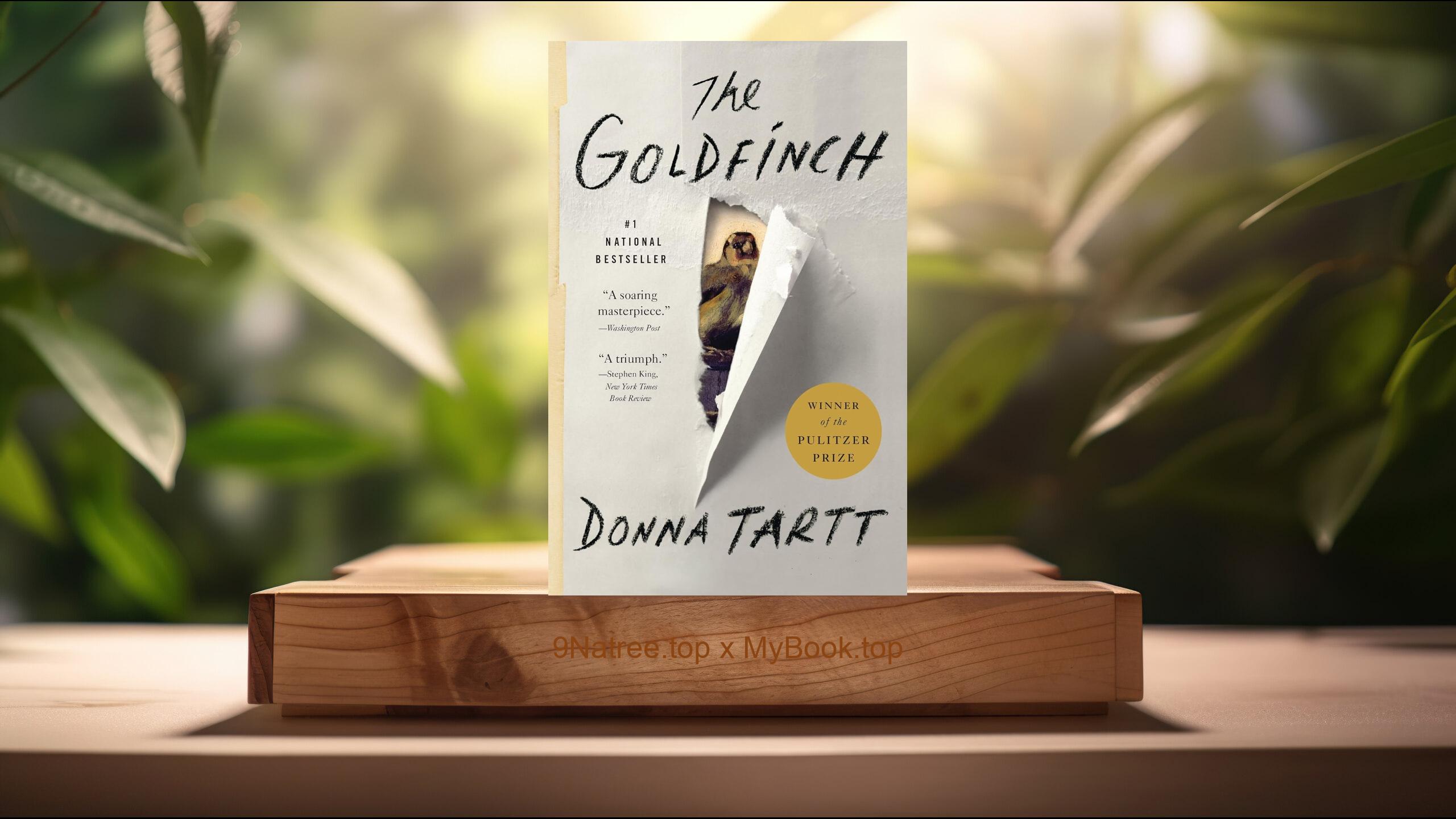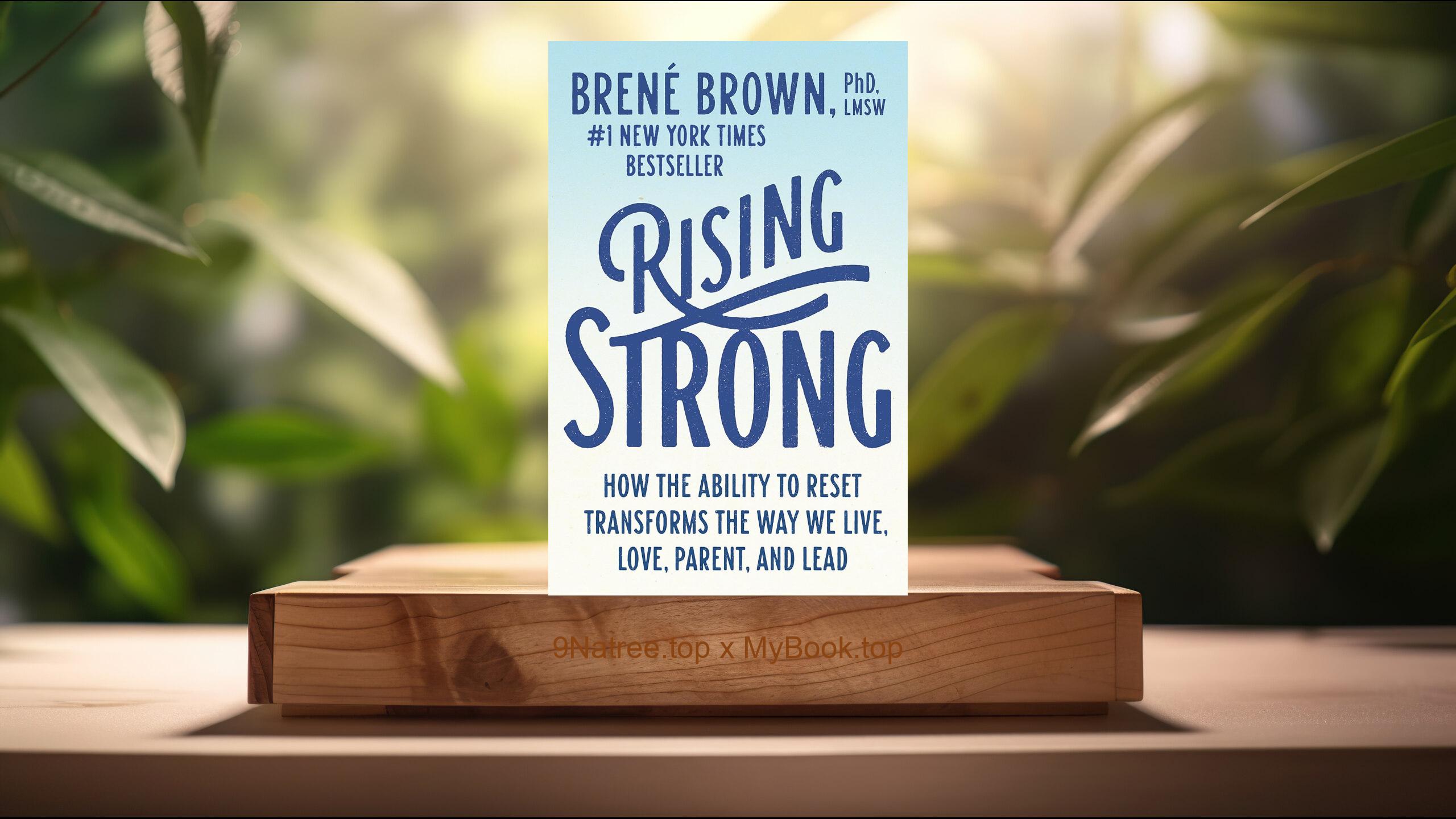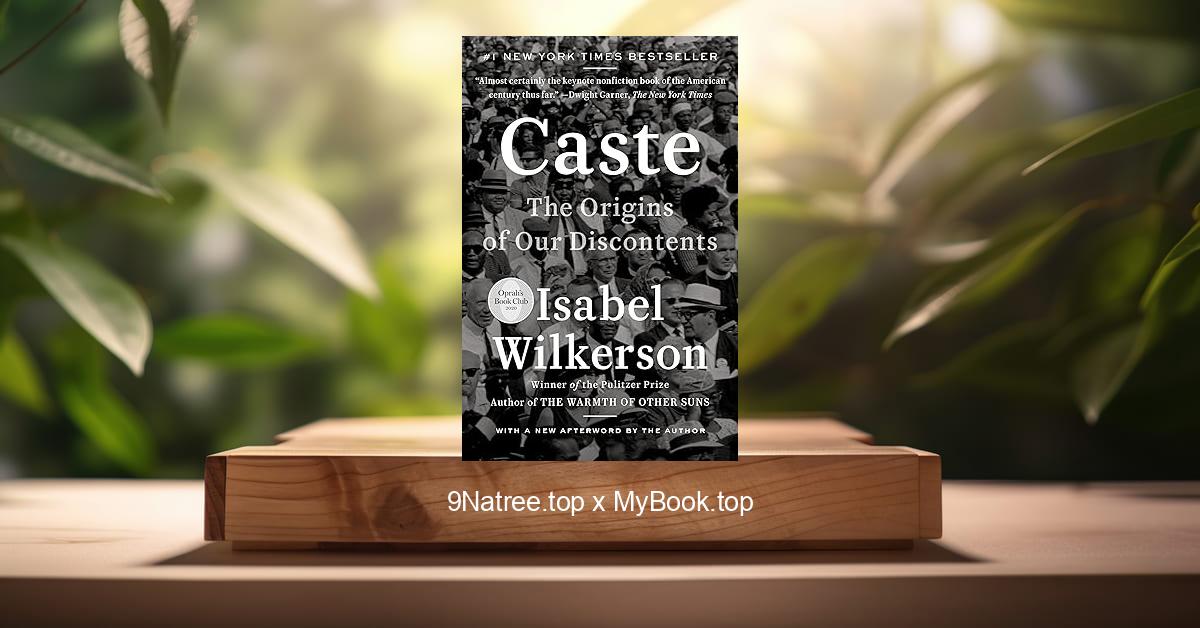Show Notes
Buy on Amazon: https://www.amazon.com/dp/B07T5LSF1J?tag=9natree-20
Read more: https://mybook.top/read/B07T5LSF1J/
#PersonalFinance #LifePlanning #WealthManagement #PeakExperiences #FinancialFreedom #RetirementPlanning #LegacyandPhilanthropy
These are takeaways from this book.
Firstly, The Concept of Life Value Units, Bill Perkins introduces the concept of Life Value Units (LVUs) to help readers measure the real value of their money in terms of the life experiences it can buy. Perkins argues that each dollar should not just be seen as a tool for saving or investing, but rather as a potential experience or memory that could enrich one's life. He suggests an approach to financial planning that allocates resources not just to survive, but to thrive and enjoy life. This perspective shifts the focus from accumulating wealth for wealth's sake to using wealth as a means to an end - maximizing life's experiences. The concept of LVUs encourages individuals to consider the diminishing returns of experiences as they age and to plan their spending accordingly, ensuring they make the most of their peak years.
Secondly, Maximizing Peak Experiences, Perkins delves into the importance of identifying and investing in 'peak experiences' - moments that provide extraordinary satisfaction and happiness. He suggests prioritizing these experiences at different life stages, recognizing that the value and nature of these experiences evolve as we age. This approach challenges the conventional saving-for-retirement model, promoting a more dynamic and fulfilling use of money to achieve peak experiences when they can be most enjoyed. Perkins' framework includes planning for these experiences, considering one's health, energy levels, and the changing nature of what brings joy over time. This topic encourages individuals to actively seek and invest in experiences that contribute to a fulfilling life, understanding that the opportunity cost of not doing so is the real loss of potential happiness.
Thirdly, Strategic Financial Planning for a Zero Balance, Perkins advocates for a strategic approach to financial planning that aims for a 'zero balance' at life's end. This philosophy is predicated on the belief that money left unspent or merely passed on is a missed opportunity to enhance one's own life. Perkins provides readers with strategies to calculate how much money they need to fund their desired lifestyle and experiences fully, without the waste of over-saving. He emphasizes the importance of investing in life experiences throughout one's life, rather than hoarding wealth for an uncertain future. This approach involves mapping out financial plans that consider various life stages and potential changes in personal values and desires, ensuring that individuals can die with zero regrets about how they spent their time and money.
Fourthly, Overcoming the Fear of Running Out, One of the greatest barriers to adopting the Die With Zero philosophy is the deeply ingrained fear of running out of money. Perkins addresses this common fear by providing practical advice and strategies to mitigate the risk of financial insolvency without compromising on living a rich, experience-filled life. He discusses the importance of financial education, diligent planning, and investing in ways that align with personal life goals. Perkins also offers advice on insurance, health care planning, and creating a safety net that allows individuals to pursue their peak experiences with confidence. By tackling the fear of running out head-on, Perkins empowers readers to make bold financial decisions that prioritize life's qualitative aspects over quantitative measurements of wealth.
Lastly, Legacy Planning and Philanthropy, While the core premise of Die With Zero is to encourage spending down one's wealth during their lifetime, Perkins does not overlook the importance of legacy and philanthropy. He argues that strategic and meaningful giving can be an essential part of one's life experience, enriching both the giver and the recipient. Perkins suggests ways to incorporate philanthropy into financial planning, ensuring that it aligns with personal values and contributes to the individual's goals of living a meaningful life. He encourages readers to consider the impact of their wealth beyond their lifetime, not just in terms of financial inheritance, but also through contributions to causes and communities that matter to them. This perspective on legacy planning challenges readers to think about how they can make a difference in the world, while still adhering to the principle of Die With Zero.
In conclusion, Die With Zero: Getting All You Can from Your Money and Your Life' by Bill Perkins is a thought-provoking read for anyone trapped in the cycle of saving without purpose. It’s especially beneficial for those who struggle with finding a balance between saving for the future and living in the present. Perkins’ methodology provides a unique framework for reevaluating how we view and use our money in the context of life’s finite nature. Through strategic planning, understanding the value of experiences, and overcoming the fear of financial insecurity, this book offers a roadmap to a fulfilling life. Whether you're early in your career, approaching retirement, or at a point of financial reassessment, Perkins’ advice can help shift your paradigm to one where every dollar is a step towards a life well-lived, rather than just a number in a bank account. Reading ‘Die With Zero’ can be the catalyst for a life transformation, encouraging you to live more fully, to prioritize experiences, and to redefine what a successful life looks like for you.
![[Review] Die With Zero: Getting All You Can from Your Money and Your Life (Bill Perkins) Summarized](https://episodes.castos.com/660078c6833215-59505987/images/1699842/c1a-085k3-jkww4o8xb0j5-lsfhf8.jpg)




